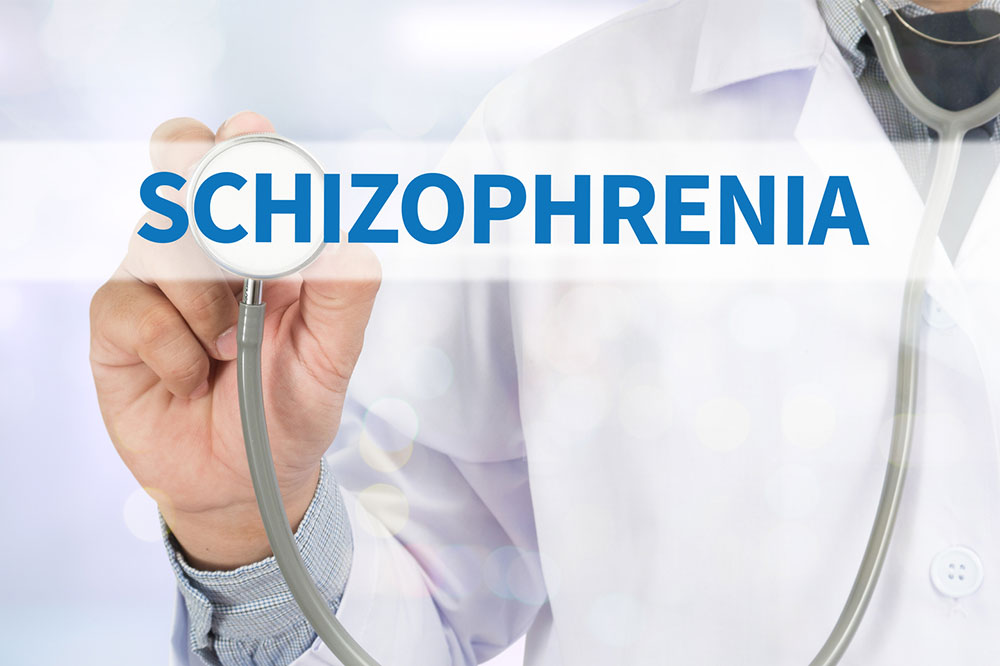Comprehensive Guide to Identifying the Top Five Signs of Schizophrenia
This comprehensive guide outlines the five primary indicators of schizophrenia, including hallucinations, delusions, disorganized thinking, social withdrawal, and motivation loss. Recognizing these signs early is essential for timely diagnosis and effective treatment, significantly improving outcomes for affected individuals. Learn about the causes, symptoms, and importance of early intervention in managing this complex mental health disorder to help enhance understanding and support for those impacted.

Comprehensive Guide to Identifying the Top Five Signs of Schizophrenia
Schizophrenia is an intricate and persistent mental health disorder that impacts how a person thinks, feels, and behaves. Its complexity lies in the wide range of symptoms, making early diagnosis and effective management vital for improving quality of life. Although the exact causes of schizophrenia are not fully understood, research suggests it results from a combination of genetic predisposition, immune system factors, and developmental influences occurring before birth. Many cases are linked to prenatal viral infections that affect brain development and imbalances in key neurotransmitters such as dopamine, glutamate, and serotonin. These neurochemical abnormalities lead to heightened sensitivity to environmental stimuli, including loud noises, bright lights, and unusual sensory inputs, which can trigger or exacerbate symptoms.
Understanding the key indicators of schizophrenia is crucial for timely intervention and effective treatment. While symptoms can vary among individuals, healthcare professionals generally recognize five primary signs that often signal the presence of this complex disorder. Detecting these symptoms early can significantly enhance treatment outcomes and help individuals manage the condition more effectively.
Below are the five most common and prominent indicators of schizophrenia.
1. Persistent False Beliefs and Hallucinations
Delusions are false, fixed beliefs that are resistant to change, despite clear evidence to the contrary. Examples include believing one is being watched, persecuted, or holds special powers. Hallucinations involve experiencing sensory perceptions without external stimuli; commonly, individuals hear voices that others do not hear or see objects or people that aren't present. These perceptual distortions are hallmarks of schizophrenia and can significantly impair daily functioning if not properly managed.
2. Disorganized Thinking and Speech
Individuals with schizophrenia often experience difficulty organizing their thoughts logically. This disorganization manifests as incoherent speech, jumping from one unrelated topic to another, or inventing new words (neologisms) that lack meaning. Their behavior might include unpredictable actions or neglecting basic self-care tasks such as personal hygiene. Such disorganized behavior can interfere with social interactions and lead to social isolation.
It is important to understand that these symptoms are positive signs—meaning they reflect an addition to normal behavior. In contrast, negative symptoms involve a reduction or loss of normal functions, such as emotional expression and motivation.
3. Social Withdrawal and Emotional Numbness
A common manifestation in individuals with schizophrenia is withdrawal from social activities. They often prefer to isolate themselves, showing little interest in interacting with family, friends, or colleagues. Emotional responsiveness diminishes, leading to flat affect—where facial expressions, voice tone, and gestures appear subdued or unresponsive. This emotional blunting can make it difficult for others to connect or communicate effectively with the individual, further deepening social isolation.
4. Reduction in Motivation and Initiative
There is often a noticeable decrease in the desire or energy to pursue goals or engage in everyday activities. Individuals may appear apathetic, neglect responsibilities, or show little interest in hobbies or work. This avolition (lack of motivation) is a core negative symptom and can severely impact personal and professional life, emphasizing the importance of early intervention to support recovery and improve functioning.
5. Cognitive and Emotional Impairments
Beyond the above symptoms, individuals may experience difficulty concentrating, memory problems, or challenges with executive functioning. Emotional regulation may also be disrupted, leading to inappropriate responses or difficulty understanding others' emotions. These cognitive and emotional deficits often persist even when positive symptoms are managed, underscoring the need for comprehensive treatment approaches.
In summary, recognizing these five key indicators—persistent hallucinations and delusions, disorganized thinking, social withdrawal, lack of motivation, and cognitive impairments—can be instrumental in early diagnosis and treatment of schizophrenia. If you or someone you know exhibits these signs, seeking professional help from mental health specialists is strongly advised. Early intervention can dramatically improve prognosis and the overall quality of life for individuals living with this challenging disorder.





